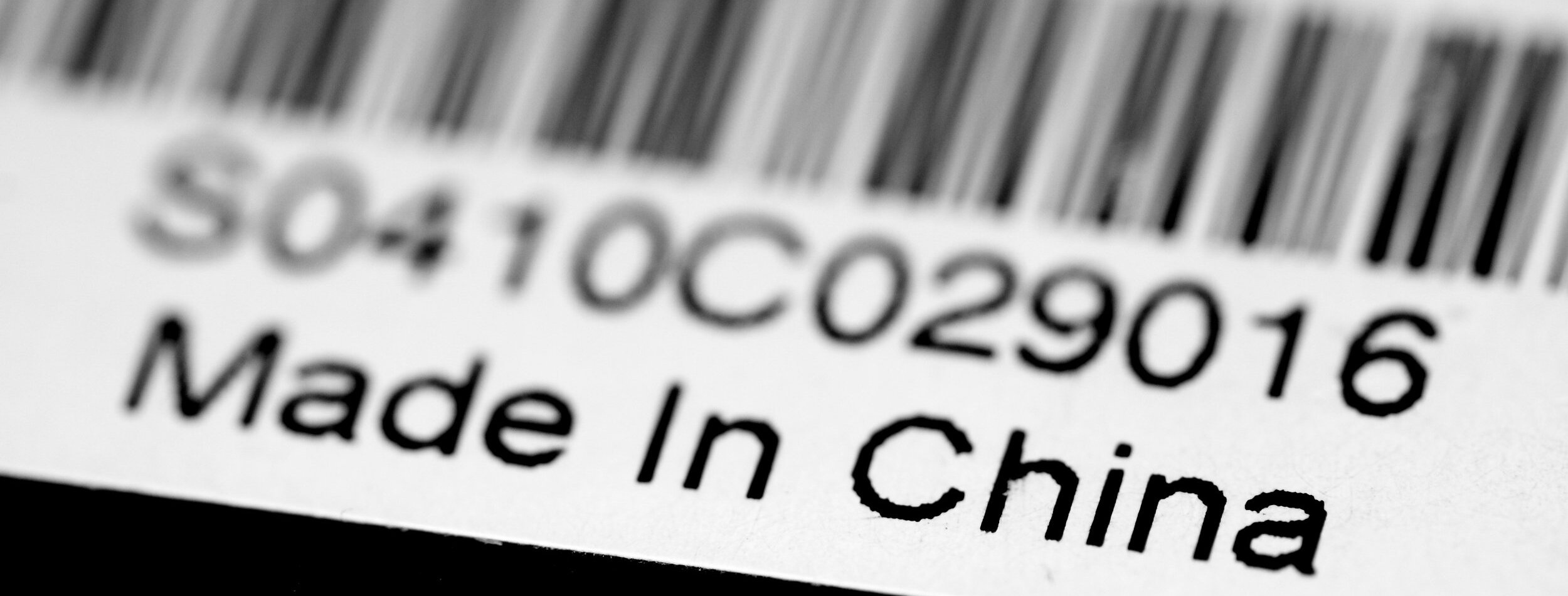Major Industries in China

China has many unique industries that play a role in the state’s economy, such as construction, media, autos, and manufacturing. This last field actually makes up 44% of the countries entire GDP and creates 11% of China’s total jobs. Despite the ongoing growth of such fields, nearly half of China’s GDP comes from areas like mining and energy. Such wide variation between thriving fields leads to strength in the economy as a whole.
The growth in all such fields is largely due to a major shift from state control of industry to a fairly open market. This has boosted China’s growth even further, leading to more jobs for the state’s workers and more foreign groups moving in. In fact, in the last ten years alone, state control of industry has gone down by more than 25%, forming a new class of owners and traders within the state’s own population.
Stability through Diversity
Machines are one of the most frequently made items in China, ranging from gas turbines, textile tools, and even nuclear power sets. The state’s interest in green power also drives them to make new devices to aid in the capture of natural energy. Things such as wind turbines and tools for harnessing waterpower are also made domestically.
Mining
Other areas of the energy sector are also important to China. The state has spent a great deal of money on finding effective ways to use coal and oil, which has built large-scale mines in the past few decades. These mines yield over one billion tons of coal each year and give work to thousands of people. China also draws large amounts of oil and gas from the ground. In fact, China is the 5th largest oil producer in the world, putting out over 160 million tons of oil every year.
Automobile
Finally, the auto industry is a big part of China’s rising economy. In China alone, car and other auto sales have reached over 13 million. To boost sales, the state exports cars to other markets across the world, attracting even Japanese groups to do business through China. One such company, Honda, now has a factory in China that uses local workers to build cars for people in the distant reaches of the planet.
China is an incredible state with a very unique economy. While it manages to keep some level of government control over production, business is largely done outside its control. Such a unique style of rule is still widely untested. It will be interesting to see how successful China continues to be in the decades to come.
China and Abundant Natural Resources
China has many natural resources, ranging from coal to natural gas, iron ore to mercury, and agriculture to uranium. When joined with other natural resources like zinc, tin, tungsten, and lead, they allow China to open new factories and hire more workers, expanding their already booming economy. Excess supplies that cannot be used in such ways can be exported to other countries, bringing more wealth into the nation. Among China’s vast natural features, four distinct assets provide diversity and fiscal strength to the state.
Farmland – China has sweeping tracts of farmland, stretching over 122,000 square kilometers and covering nearly 10% of the country. These areas include parts of Northern China, regions around the Yangtze River, the Sichuan Basins, as well as the Pearl River Delta. The fertile farmland of these areas produces ample amounts of wheat, rice, corn, and other valuable staples. Water for other farmland comes from the plentiful freshwater lakes found across the country. Such resources are also used for fishing and leisure.
Minerals – Many valuable minerals are found in large supply across China. The country actually has the third largest deposits of the most crucial minerals, such as nickel and fluoride, in the entire world. These minerals are used in factories and other production ventures.
Salt – China produces one third of the world’s salt supply, mining over 17 million tons of salt each and every year. The state is the single largest miner of salt in the world, and its sale is a large source of income for the country.
Water – China has access to a variety of sources of water, including the Pacific Ocean, fresh and saltwater lakes, and large rivers. These create many ways for the nation to gain more wealth. Rivers, for example, are a key source of energy for the country. With hydropower, 70% of which comes from the southwest part of the country, China is able to reduce its needs for fuel imports. Fishing, tourism, and other activities along the cost provide additional funds, as do the many lakes in China.
China truly has a wealth of natural resources. Through them the nation is able to grow stronger, now to the point that it rivals any other in the world. Seeing and accepting this power is key to solid interaction with the nation, and using this to every country’s gain is needed for widespread fiscal success.
